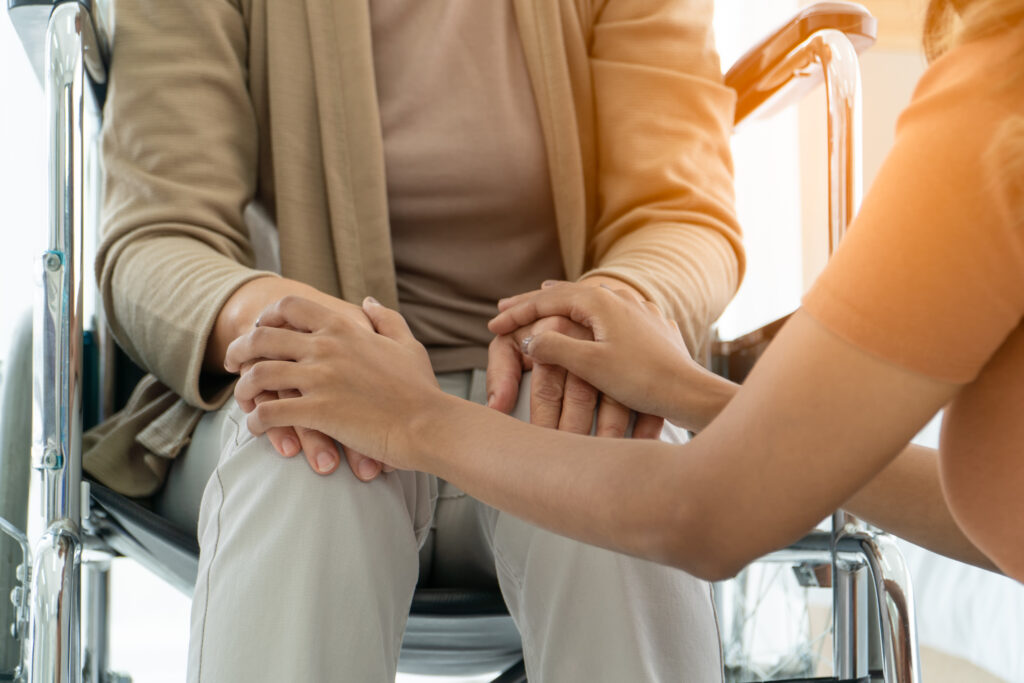
Disability — we hear it, we see it and sometimes we talk about it. Within the South Asian diaspora, there is still a lack of acceptance of the realities of being disabled or having a disability. I currently work as an occupational therapist (OT) in early intervention (EI). This means that my clients are kids ages 0-3, who may have developmental disabilities, intellectual disabilities, developmental delays for one reason or the other; or just challenges doing the things that kids in that age range do every day. My therapy sessions often consist of treatment sessions with the kids and parents I work with in addressing how the child eats, plays, sleeps or self-regulates.
As a clinician who has worked with individuals with disabilities in the last few months and has studied this over the last 6 years, I can discuss disability and mental health at length. Recently, I realized how irregular these dialogues are in the South Asian communities. Because March is National Disability Awareness Month in the U.S, I thought I would shed some light on what disability is and what it means to be disabled.
[Read Related: A Guide to Sensory Friendly Diwali Celebrations if you Have Children With Disabilities]
Disabilities have existed as long as humans have been alive. There’s actually a whole academic and scholarly area of knowledge known as disability studies, which I minored in during my undergraduate career at UIC. In Disability studies, you learn that perceptions of disability have shifted throughout time and centuries for the reason it has been looked down upon. It’s interesting that so many of these reasons continue to be the rationale for negative perceptions of disability today, especially in many South Asian communities. Some reasons disability is looked down upon or is not accepted is because disabilities may not allow for the disabled individual to achieve the same cultural and societal milestones as able-bodied individuals, caregiving for a disabled individual can strain families financially and the negative attitudes towards disability can create barriers and challenges for the disabled person.
View this post on Instagram
As common as it is for disabled individuals or disability communities to be perceived as negative or pitied, it’s as common as individuals becoming disabled. At one point or another, 1 out of 3 individuals will gain a disability or become disabled suddenly. With how common the experience of disability is for many, that is why I continue to be an advocate for disability and mental health. The likelihood of becoming disabled suddenly due to trauma or injury, or gaining a disability over time due to a chronic condition or health complication continues to increase every year. What is necessary to emphasize also in South Asian communities when thinking about disability is that it does not necessarily mean weakness or reduced quality of life. Professionals like OTs or other rehabilitation professionals can help individuals with disabilities attain lives that are meaningful and independent however they define that.
[Read Related: Finding Peace With my Rheumatoid Arthritis]
Disability is also only one part of an individual’s identity, which is why the use of person-first language is so important unless the disabled individual you are referring to prefers disability-first language. Person-first language can look like, “A person with diabetes or autism,” while disability-first language can be, “A diabetic or autistic person.”
In the South Asian community, there are a few agencies that advocate for the needs and rights of individuals with disabilities but not enough. It’s important to continue the conversation and dialogue to increase acceptance, awareness and education of our communities on what disability is and how it should be perceived compared to historic attitudes towards it. By doing so, we can continue to reduce the stigma and the barriers that exist for individuals with disabilities in general but especially for those who identify as being South Asian.
Tips on how to have a conversation about disability with family/friends with disability:
1) What are some common experiences you’ve faced related to your disability in the past or present?
2) What would you want support to look like from me?
3) What are ways in which I can be an ally for the disability community?
4) Are there any resources or recommendations you’d like me to check out?
Resources:
Disability Visibility Project
Maan Mukti
Chronically Brown
Photo courtesy of Nuad Contributor




